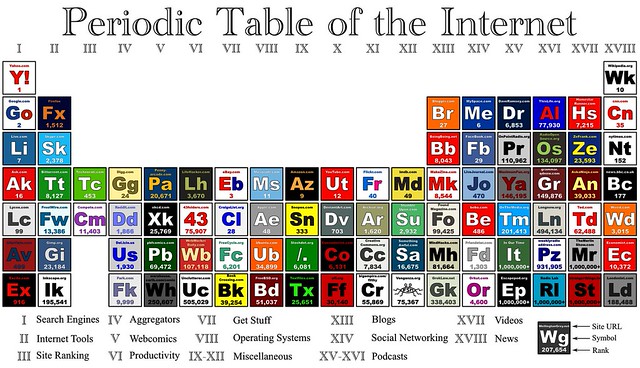 |
| Image: Thoughful India. I couldn’t resist including it… 🙂 |
Some time ago I took part in a research project conducted by a Russian Psychology student that seeks to explore the phenomenon of bilingualism.
And I’ve been really captivated myself by another phenomenon – autism, its “variants”, and advantages and disadvantages that go along with it. I am particularly interested in Asperger’s Syndrome as it most often remains undiagnosed and therefore a percentage of people having it may be higher than it is assumed.
Aspies often possess an above-the-average ability to focus on something. This can go both ways, in that this hyperfocus they are naturally capable of can see them being drawn to things that are not necessarily worthwhile. But if they focus on the “right” thing – say, language – they can show tremendous results. Be it mere memorising or a genuine linguistic affinity, Aspies can develop either to its full potential and hence become fully operational in two languages or more.
Autism in general is described in terms of a severe lack of social skills, but whereas “regular” autists are unlikely to learn to communicate, Aspies are different. The examples I’ve read about indicate that Aspies are capable of establishing a connection, communicating and socialising, but they don’t get the “language” of it all. Double meaning, tongue-in-cheek, various “codes” bewilder them. Whereas a “normal” person uses and “gets” all those signs with a relative ease, Aspies struggle.
Supposing that social language is just another linguistic system, it makes no sense that Aspies should not be able to comprehend it, let alone to use it. My guess would be the method of teaching the “language” in either case. While language has a set of rules, some of which can only be used in one particular instance, social language is all about double meanings. Saying truth is encouraged, and lies are despicable, yet saying truth is not always good, and telling lies is not always bad. Worse still, there is a rule for each specific case.
My guess is that high-functioning Aspies may lack empathy, taking things at face value and speaking up their mind with no concern for others. So, whereas a “normal” child would simply rely on his feelings, an Aspie may be less open to that. This affects the understanding of the “social code”, unless an Aspie develops an intuition that can serve as a bridge between the rational and emotional parts of his brain.
But suppose a person is an Aspie and is bilingual. By “bilingual” I hereby mean an above-the-average vocabulary that allows to use synonyms to describe a single physical act (i.e. using “see”, “regard”, “watch”, “look”, “view”, “observe”, to denote a single act of “eyeing”). If they lack “social language”, how can they correctly use a foreign language in a foreign setting? The answer is, apparently, that they may memorise set examples of behaviour and conversations; however, when prompted to improvise, they may feel insecure.
The last question that interests me is whether or not an Aspie could be a successful simultaneous interpreter. If yes, then we are certainly talking about the situation when the second native language has been developed to such level that the person performs an operation not dissimilar to that of a search engine, browsing his vocabulary in real time to deliver the most precise interpretation.
Your thoughts? Any literature you can recommend on the subject?






